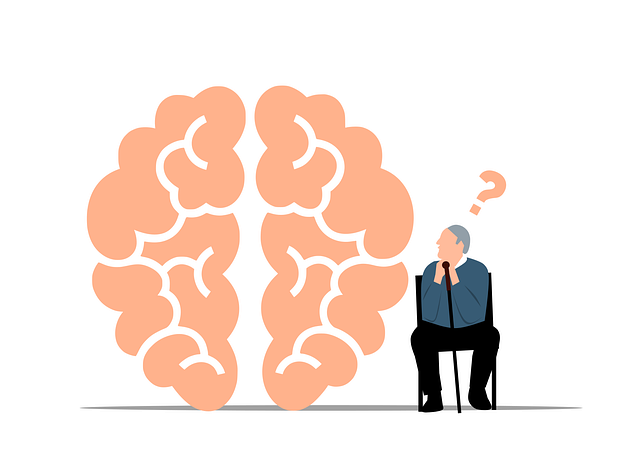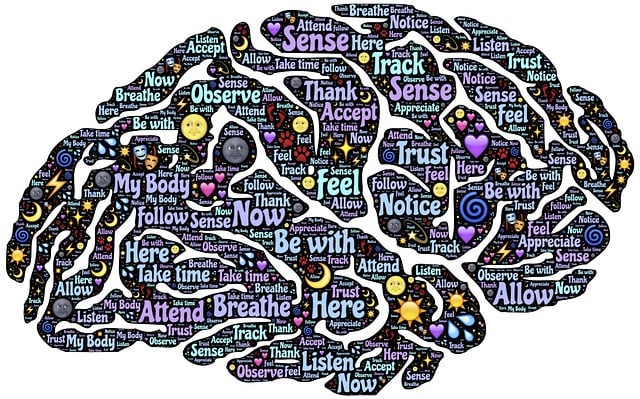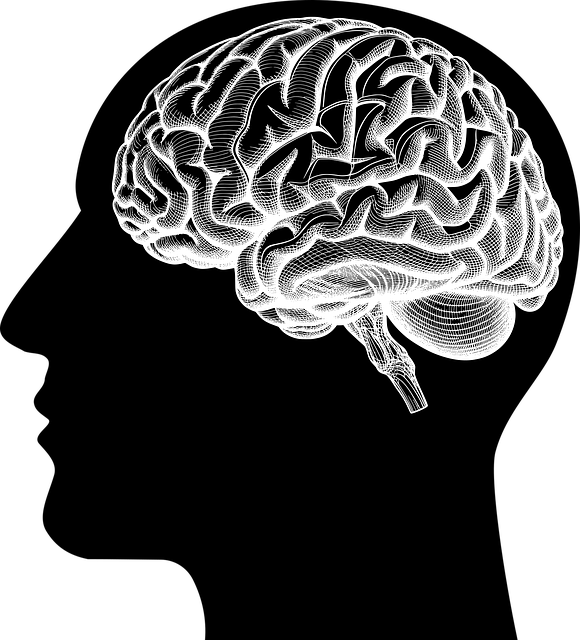Mental health advocacy drives positive change by destigmatizing issues, fostering understanding, and promoting specialized services like Superior Anger Management Therapy for anger-related problems. Through evidence-based approaches, tailored interventions, and community engagement, this therapy empowers individuals with healthy coping strategies, enhances well-being, and creates supportive networks. Comprehensive stigma reduction efforts involving education and myth-busting, led by advocacy groups, encourage open conversations about mental health, breaking down barriers and improving access to care. Superior Anger Management Therapy contributes indirectly to broader stigma reduction, fostering a more supportive societal landscape where emotional intelligence and conflict resolution are normalized.
Mental health advocacy plays a pivotal role in fostering well-being and supporting individuals navigating challenging psychological journeys. This article delves into various aspects of mental health advocacy, highlighting its crucial role in raising awareness and providing much-needed support. We explore anger management as a core component, uncovering superior therapy techniques that prove effective. Additionally, we discuss community engagement strategies and stigma-busting approaches through education and diverse representation, emphasizing the collective impact on enhancing mental healthcare accessibility.
- Understanding Mental Health Advocacy: The Need for Awareness and Support
- Anger Management as a Core Component: Unraveling Superior Therapy Techniques
- Community Engagement: Strategies to Amplify Mental Health Initiatives
- Overcoming Stigma: Breaking Barriers through Education and Representation
Understanding Mental Health Advocacy: The Need for Awareness and Support

Mental health advocacy is a powerful tool for creating positive change and fostering support systems. It involves raising awareness about mental health issues, challenging stigma, and promoting understanding in communities. By advocating for better access to resources like Superior Anger Management Therapy, we can ensure that individuals struggling with anger-related issues receive the specialized care they need. Depression prevention is another critical aspect where advocacy plays a pivotal role, as it encourages early intervention and facilitates open conversations about mental well-being.
Empathy building strategies and compassion cultivation practices are essential components of effective advocacy. These approaches help in creating a more supportive environment, encouraging people to listen, understand, and offer assistance without judgment. Through such initiatives, we can create a network of support that empowers individuals to seek help for their mental health and ultimately improve their overall quality of life.
Anger Management as a Core Component: Unraveling Superior Therapy Techniques

Anger Management is a crucial component of holistic mental health advocacy, offering superior therapy techniques that go beyond simple anger suppression. Effective programs delve into the root causes of anger, often stemming from trauma or unmet emotional needs, using evidence-based approaches like cognitive behavioral therapy (CBT) and mindfulness meditation to empower individuals with healthy coping strategies. By teaching clients to recognize and regulate their emotions, these initiatives foster improved mental wellness coaching and enhance overall well-being.
Superior Anger Management Therapy involves tailored interventions that consider individual differences and cultural contexts. Techniques may include relaxation exercises, communication skills training, and problem-solving strategies, helping participants navigate challenging situations with heightened awareness and emotional intelligence. Integrating such practices into mental health awareness efforts not only promotes personal growth but also contributes to a more supportive and inclusive societal landscape where anger is understood as a manageable emotion rather than a destructive force.
Community Engagement: Strategies to Amplify Mental Health Initiatives

In the realm of mental health advocacy, community engagement is a powerful strategy to amplify initiatives and ensure broader impact. By involving and empowering local communities, organizations can create sustainable change. One effective approach is through educational workshops and awareness campaigns that target specific concerns, such as Superior Anger Management Therapy, which tackles issues like rage and violent outbursts. These programs can be tailored to diverse populations, fostering open dialogues about mental health challenges and normalizing conversations around sensitive topics.
Additionally, building community partnerships with local businesses, schools, and faith groups can help in expanding reach. Collaborating with Trauma Support Services, for instance, allows for integrated care and ensures that individuals receive holistic support. Inner strength development programs and emotional well-being promotion techniques can be incorporated into community events, fostering a culture of mental resilience and peer support. Such initiatives not only enhance overall community health but also create a network of advocates who can continue the momentum beyond initial advocacy campaigns.
Overcoming Stigma: Breaking Barriers through Education and Representation

Stigma surrounding mental illness is a significant barrier to individuals seeking help and support. Overcoming this stigma requires comprehensive Mental Illness Stigma Reduction Efforts that educate and dispel myths. By promoting understanding and empathy, we can foster an environment where people feel comfortable discussing their struggles openly. Superior Anger Management Therapy, for instance, not only addresses specific issues like anger but also contributes to broader Mental Illness Stigma Reduction Efforts by demonstrating effective treatment methods.
Through representation and increased visibility, especially from those who have successfully navigated mental health challenges, we can break down barriers. This includes encouraging open conversations about emotional intelligence, conflict resolution techniques, and personal growth strategies. By integrating these discussions into everyday life, we normalize the idea of seeking help for mental health issues, paving the way for improved access to care and overall well-being.
Mental health advocacy initiatives, encompassing awareness campaigns, innovative therapy techniques like Superior Anger Management Therapy, community engagement strategies, and stigma-busting education, are transformative game changers. By integrating these diverse approaches, we can foster a more inclusive and supportive landscape where mental well-being is prioritized and nurtured. Remember that breaking down barriers and fostering understanding is crucial for creating a vibrant tapestry of mental health support.














